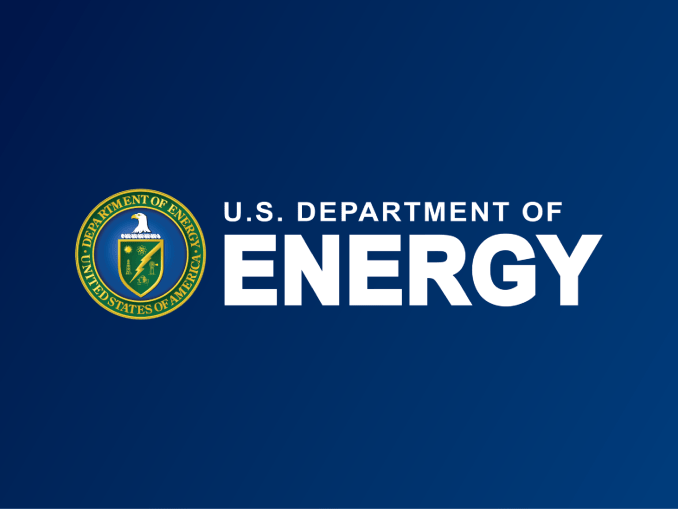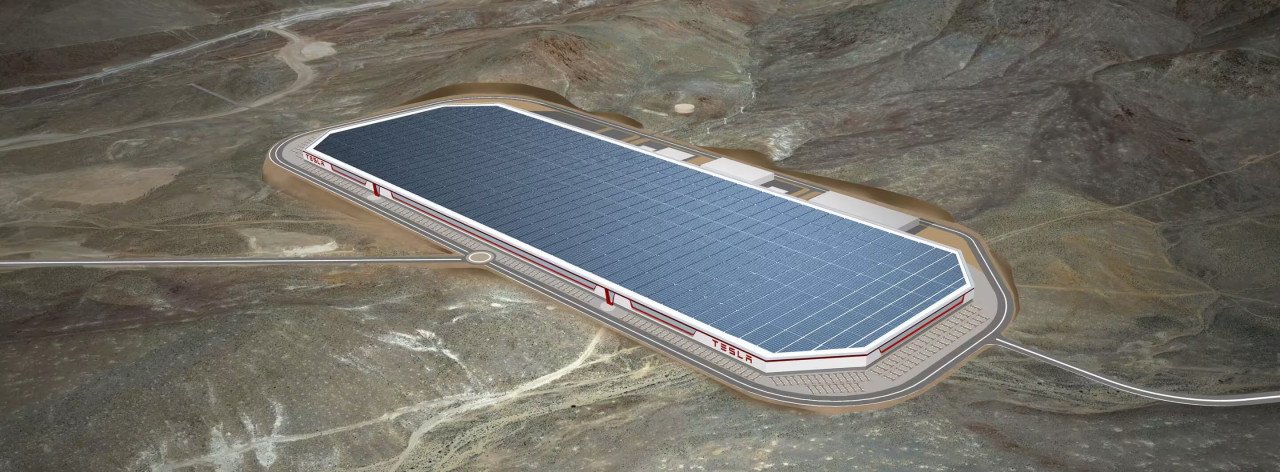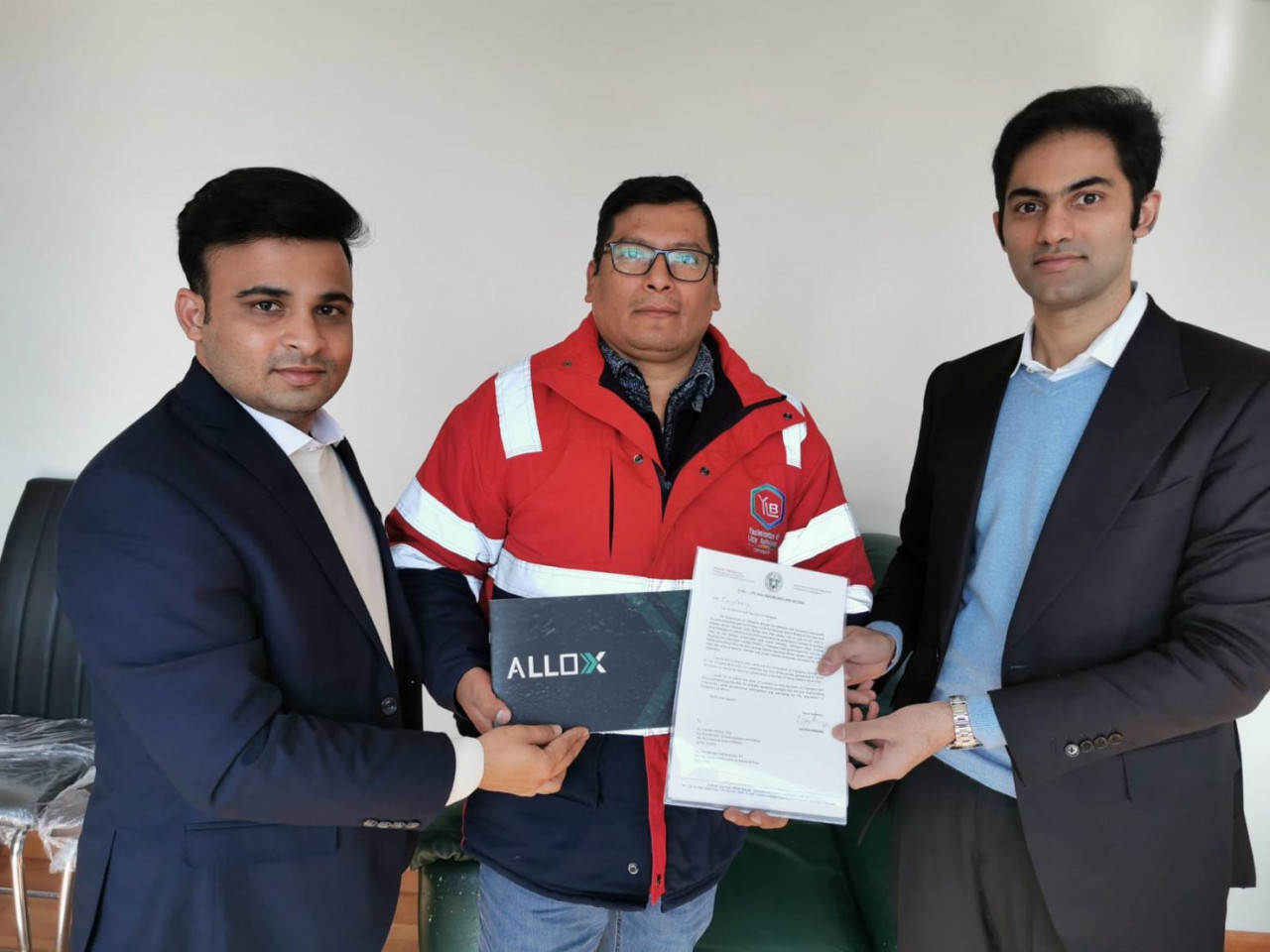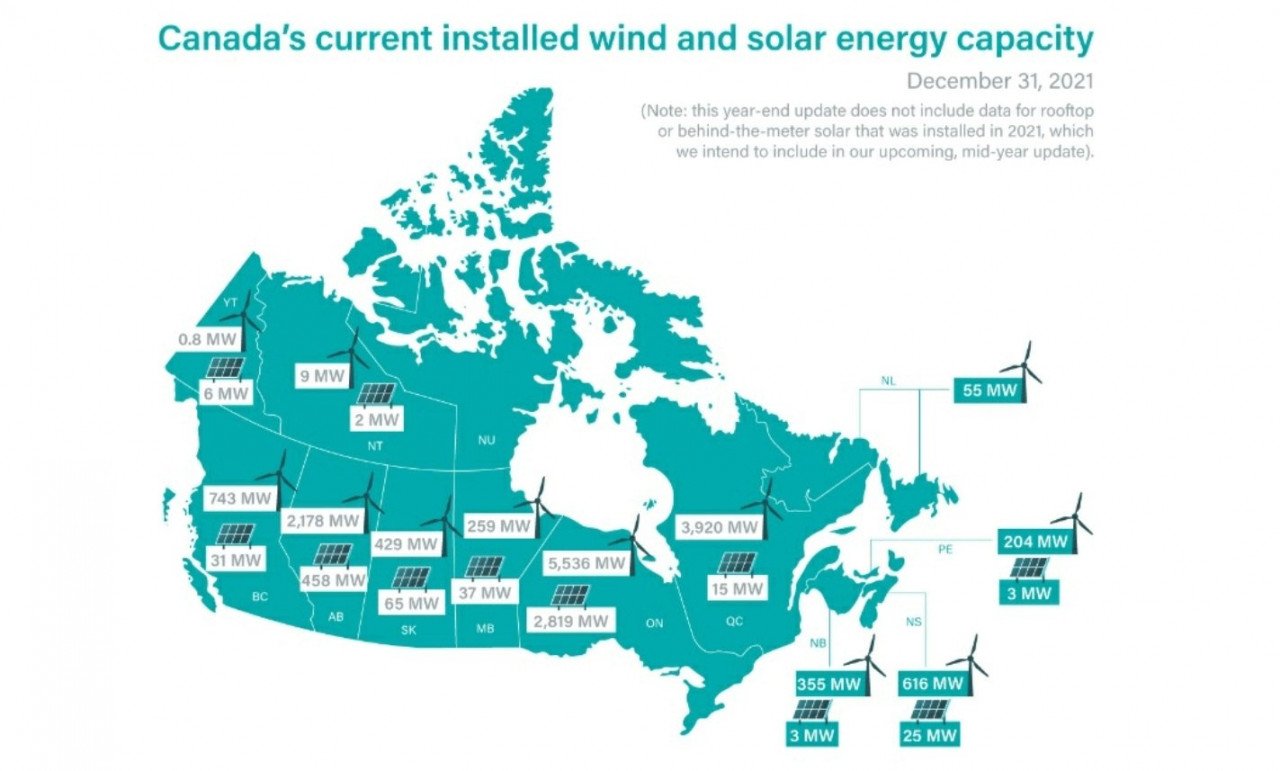US awards $2.8 billion towards battery manufacturing for EVs, energy storage
The Biden-Harris Administration has recently announced the first set of projects funded by the President's Bipartisan Infrastructure Law to expand domestic manufacturing of batteries for electric vehicles and electrical grid, also for materials and components currently imported from other countries.
Through the U.S Department of Energy (DoE), 20 companies will receive a combined $ 2.8 billion to build and expand commercial-scale facilities in 12 states to extract and process lithium, graphite and other battery materials, manufacture components, and demonstrate new approaches, including manufacturing components from recycled materials.
The Federal investment will be matched by recipients to leverage a total of more than $9 billion to boost American production of clean energy technology, create good-paying jobs, and support President Biden's national goals for electric vehicles to make up half of all new vehicle sales by 2030 and to transition to a net-zero emissions economy by 2050.
"This is truly a remarkable time for manufacturing in America, as President Biden's Agenda and historic investments supercharge the private sector to ensure our clean energy future is American-made," said U.S. Secretary of Energy Jennifer M. Granholm. "Producing advanced batteries and components here at home will accelerate the transition away from fossil fuels to meet the strong demand for electric vehicles, creating more good-paying jobs across the country."
USA currently depends on foreign sources for many of the processed versions of critical minerals needed to produce EV batteries. The latest government grants are a critical next step in Biden administration's strategy to secure a reliable and sustainable battery supply chain, according to DoE. The funded projects include processing and recycling of critical minerals to support domestic manufacturing in the country.
Responsible and sustainable domestic sourcing of the critical materials used to make lithium-ion batteries—such as lithium, cobalt, nickel, and graphite—will strengthen the American supply chain, accelerate battery production to meet increased demand, and secure the nation's economic competitiveness, energy independence, and national security, adds DoE.
The funding for the selected projects will support the following activities:
- Developing enough battery-grade lithium to supply approximately 2 million EVs annually
- Developing enough battery-grade graphite to supply approximately 1.2 million EVs annually
- Producing enough battery-grade nickel to supply approximately 400,000 EVs annually
- Installing the first large-scale, commercial lithium electrolyte salt (LiPF6) production facility in the United States
- Developing an electrode binder facility capable of supplying 45% of the anticipated domestic demand for binders for EV batteries in 2030
- Creating the first commercial scale domestic silicon oxide production facilities to supply anode materials for an estimated 600,000 EV batteries annually
- Installing the first lithium iron phosphate cathode facility in the United States
- Currently, virtually all lithium, graphite, battery-grade nickel, electrolyte salt, electrode binder, and iron phosphate cathode material are produced abroad, and China controls the supply chains for many of these key inputs.
DOE's Office of Manufacturing and Energy Supply Chains (MESC) will manage the portfolio of projects with support from DOE's Office of Energy Efficiency and Renewable Energy's Vehicle Technologies Office.




















